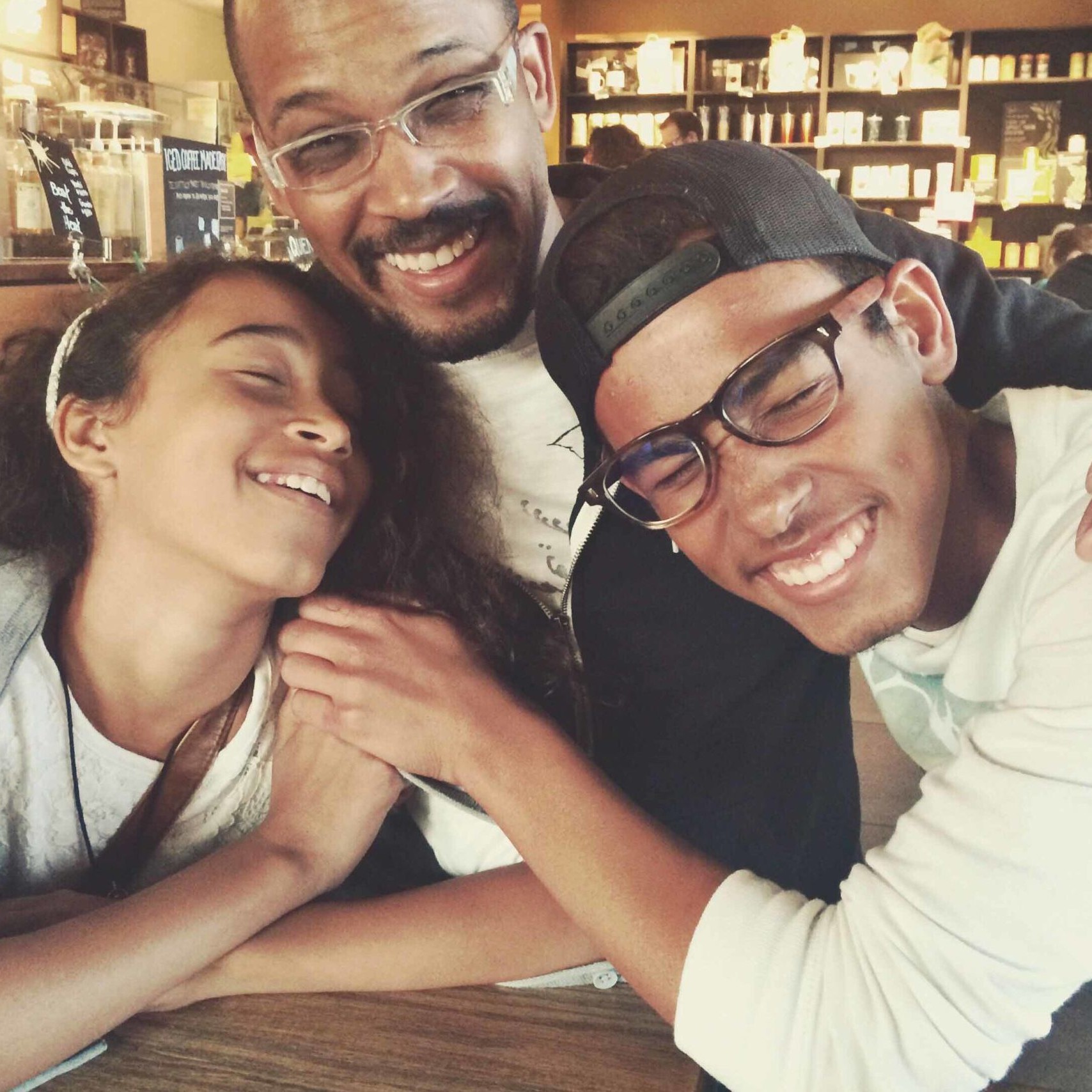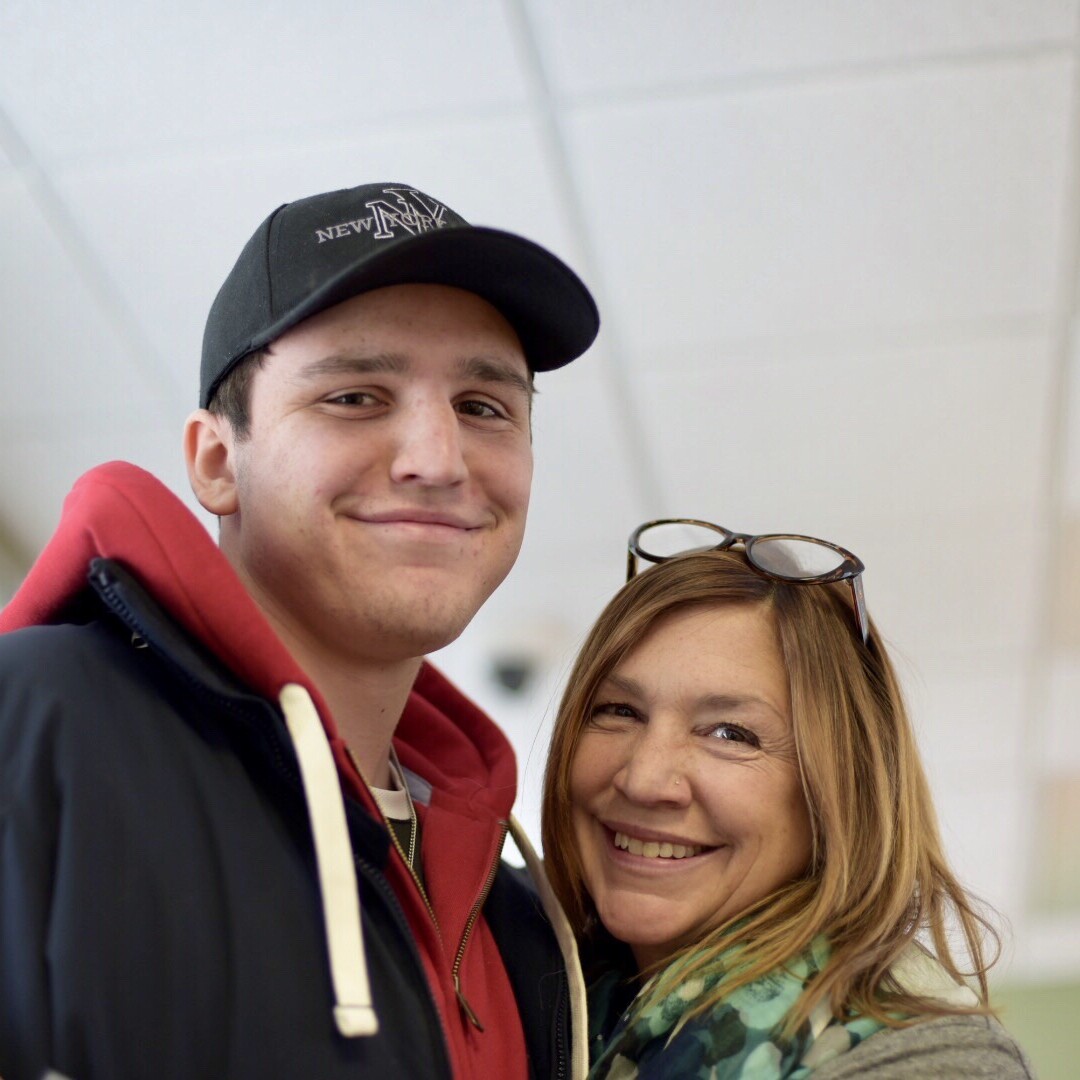One of the keys to building a strong relationship with your child is to show them you care.
For teens, a powerful way to show care is by being available and willing to listen to what they have to say.
When teens feel that you are willing to hear them out, they feel respected, accepted and loved.
They are also more likely to talk with you more often.
So how can you be a good listener for your teen?
Here are some tips on the best ways to respond when your teen wants to talk.
Want to test your good listening skills? Take the quiz!
Make the time to listen.
If you are busy with something that can’t wait, let them know you will come find them to talk as soon as you are free.
My teen said: “Can we talk about this weekend?”
My first thought: “Right now? I have to finish this before the office closes.”
What I said: “Yes, but I have to finish something important right now. Let’s talk right after, in two hours.”
Remove interruptions.
Put down the cell phone, turn off the TV and focus on your teen while they are talking.
My teen said: “There’s an issue with my biology class.”
My first thought: “Again?!”
What I said: “Hold on, let me turn this off, so I can hear you.”



Resist the urge to interrupt!
It can be hard, but don’t jump in to offer your opinions or ideas until after you have really given your teen the chance to finish talking first.
My teen said: “I don’t think I can go to the practice this weekend.”
My first thought: “You can’t be flaky! You already committed to go.”
What I said: “Why not? What’s going on?”
Don’t criticize or dismiss their problems or opinions.
Yes, some teen issues seem not-that-important to an adult. Remember that they are young, and little things to you can be big things to them. Being a good listener lets them know that you believe their issues and that they matter to you.
My teen said: “I can’t go to the mall, because Trina will be there.”
My first thought: “Who cares what Trina thinks?!”
What I said: “Tell me more about your concerns. What’s going on?”
Don’t overreact and make their issue feel like a catastrophe.
Teens need a calm, rational presence. So, listen to their concerns and make them feel that you are there to help them figure things out.
Teen said: “Lauren and Marissa just make me feel like an outsider in gym class.”
My first thought: “Lauren used to be her best friend. Why is she now treating her so terribly?!”
What I said: “Tell me more about what’s going on.”
Ask follow-up questions to keep them talking.
Find out more about their thought process and feelings.
Teen said: “I don’t like math. It’s just too hard for me.”
My first thought: “No, it’s not. You just need to try harder.”
What I said: “Let’s talk through it. What exactly are the hardest parts?”
Ask if they need help.
Don’t try to solve their problems, unless they agree they need help or specifically ask for it.
Teen said: “I’m worried that I won’t be able to finish in time.”
My first thought: “Okay, let me help you. We can do this right now.”
What I said: “Is there anything you can think of that would help you?”
Let them know you want them to talk to you…
…and that you will always be there.



